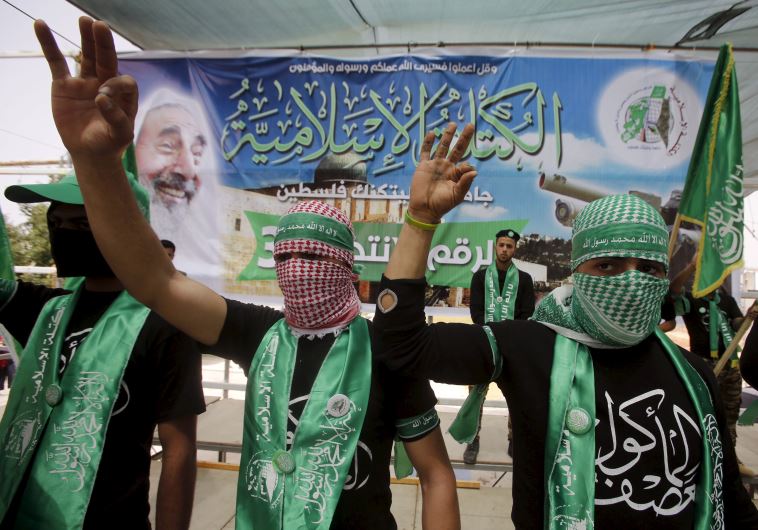Think again: Living with permanent insecurity
The destructions of both Temples were hardly miraculous. Just the opposite: they followed normal rules of history.
 Palestinian students supporting Hamas demonstrate in the West Bank city of HebronUpdated:
Palestinian students supporting Hamas demonstrate in the West Bank city of HebronUpdated: